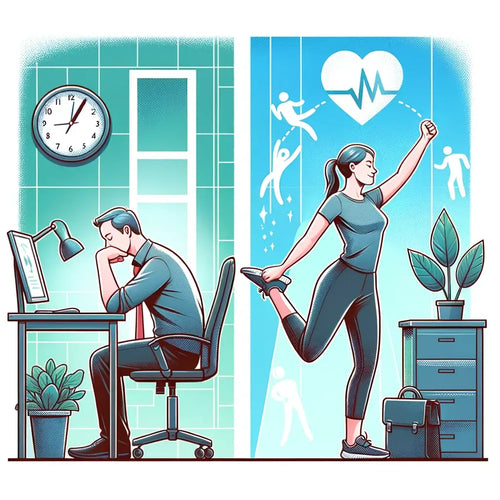
Athletes in general and girls and young women participating in gymnastics, soccer and track and field are at higher risk for stress fractures. A study including both men and women athletes with the majority being women documented that in athletes with similar training habits, those with stress fractures are more likely to have lower bone density, lower dietary calcium intake and menstrual irregularity (Myburgh KH, et al. 1990). There are also other important factors than calcium affecting bone strength. One of the factors is vitamin D. When female gymnasts ages 10-17 years were assessed for both vitamin D status and dietary calcium intake most of them had vitamin D levels below recommended guidelines for optimal bone health and many of them also had calcium intake below the daily recommended intake for their age (Lovell G. 2008). Low vitamin D levels have shown to be a predisposing factor for stress fractures also in military recruits (Ruohola JP, et al. 2006). Other minerals in addition to calcium are also important. Magnesium has been documented to prevent fractures and improve bone density (Sojka JE, Weaver CM. 1995).

Bone density has also been found to be significantly better when zinc, copper, manganese and potassium were added to calcium (Strause L, et al. 1994). As you see there are several factors affecting bone density and bone strength. For these reasons it is better to supplement the diet with a formula containing all these nutrients. The BMJ is such a formula which supports both bone, joints and other connective tissue. Click here to read about it.









